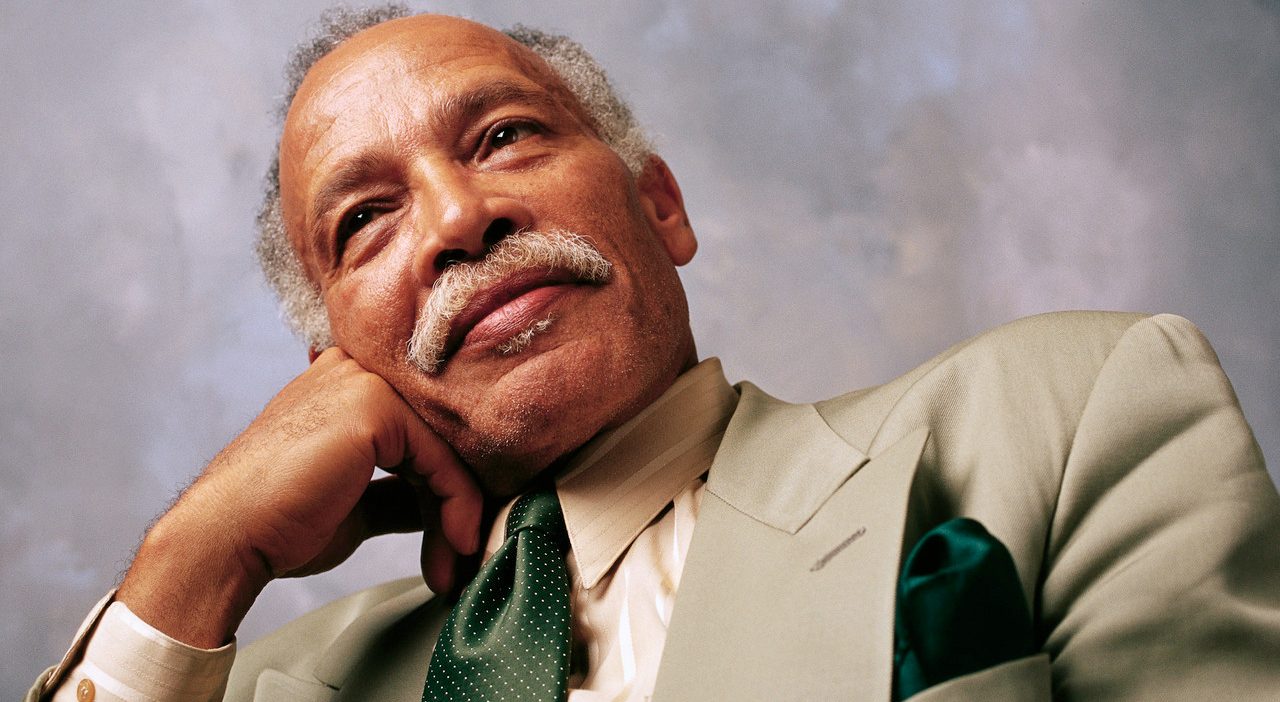How to Live to 100

More people than ever are becoming centenarians, nearly 100,000 in the United States alone. Here’s how they made it to 100 and how you can, too.
Irving Kahn, age 104, still goes into his Madison Avenue office five days a week, where he chairs his company, which manages over $700 million in assets.
Lily Port, age 100, lives independently in her own house, enjoying regular walks and exercise classes. Irma Daniel, age 103, also lives in her own home, exercises regularly, and leads an active social life.
YOU MIGHT ALSO LIKE: You Can Stay Mentally Sharp in Your Golden Years
If you’ve wondered whether you could live to be 100, the odds are growing you might make it. There are more people in that age group than ever before.
Nearly 100,000 of them live in the United States, and the United Nations predicts that the number of centenarians will grow past 570,000 worldwide. That’s up from just under 34,000 in 1950. Japan, Uruguay, Hong Kong, and Puerto Rico are home to some of the highest levels of centenarians as a percentage of the population.
What’s their secret? Healthy living and genes. We can’t get those genes if we don’t have them, but we can hope that researchers will be able to pinpoint the benefits they bring, leading to new therapies.
Intriguing insights are coming from the New England Centenarian Study (NECS), funded by the U.S. National Institute on Aging.
Thanks to cleaner water supplies, better plumbing, milk pasteurization, vaccines, and the use of antibiotics, fewer people succumbed to infectious diseases in early childhood. Medical advances have helped prevent deaths from various other diseases.
Once you’ve survived into old age, your genetic makeup is the key. The centenarian edge seems to come from many variants that slow aging and cut the risk for heart disease, stroke, diabetes, and Alzheimer's disease.
Boston University researchers working on the NECS found 281 genetic markers that are 61 percent accurate in predicting who reached the age of 100, 73 percent accurate in predicting who made it to 102 years old or older, and 85 percent on target predicting who lived to be 105 years old and beyond.
That suggests the genetic component of exceptional longevity is especially important when it comes to reaching the most advanced old age of all.
Healthy living is part of this mix, according to results from another study. Researchers at the University of Gothenburg’s Sahlgrenska Academy in Sweden followed the health of 855 Gothenburg men born in 1913, surveying them every five to 10 years from the age of 54 until their deaths.
A total of 27 percent of the men lived to be 80, 13 percent made it to 90, and 1.1 percent, 10 in all, of the research subjects lived to 100 and older. The majority of deaths after the age of 80 were caused by cardiovascular disease.
Having a mother who lived into old age suggested you would live longer, but financial stability by age 50, performing well on an exercise test at age 54, not smoking, and maintaining a healthy cholesterol level may have been more important. Even brisk walking can bump up your life expectancy.
Extreme old age might not seem like a pleasant prospect if it means living for decades with sickness in a nursing home, a lack of mobility, and even constant pain. But researchers have found that people who do make it to 100 and beyond tend to be remarkably well-functioning until the very end of their lives. They don’t avoid age-related ailments entirely, but they handle their illnesses well enough to avoid disability until far into their nineties.
Seven of the centenarians in the University of Gothenburg study lived at home. They showed good thought processes, and most were able to read and watch TV. All of them were slim, had low normal blood pressure and good posture, and seemed satisfied with their circumstances.
If you wonder how long you’ll probably live and, more importantly, what you can do to make it to a healthy, advanced age, try the free Living to 100 Life Expectancy Calculator.
Created by Thomas Perls, MD, director of the NECS, the online calculator incorporates medical and scientific data to estimate your lifespan, based on answers to 40 questions about your health and family history.
Whatever your score, the calculator also provides a personalized “To-Do” list of specific lifestyle changes that can potentially add years to your life.
Updated:
November 22, 2022
Reviewed By:
Janet O’Dell, RN